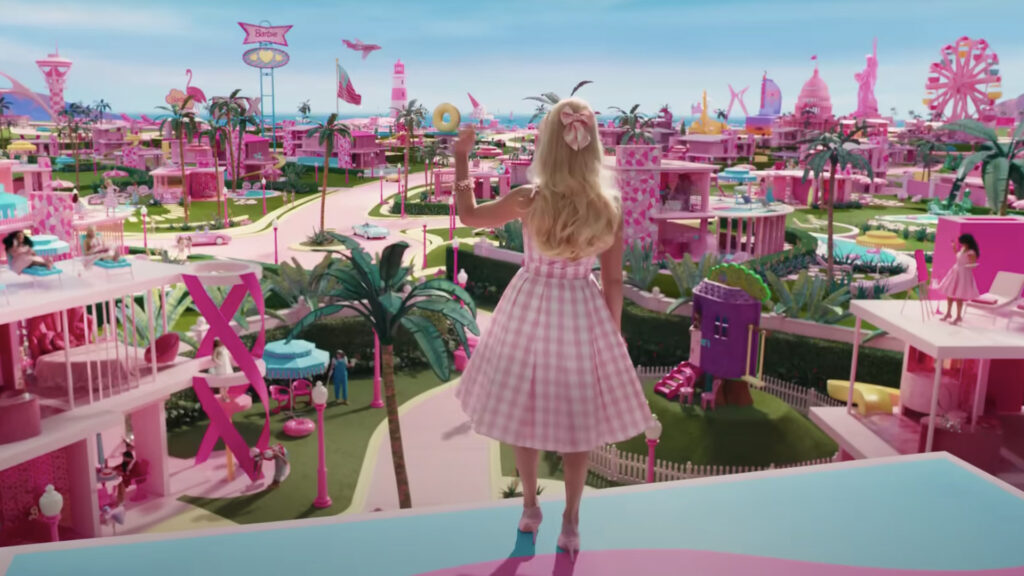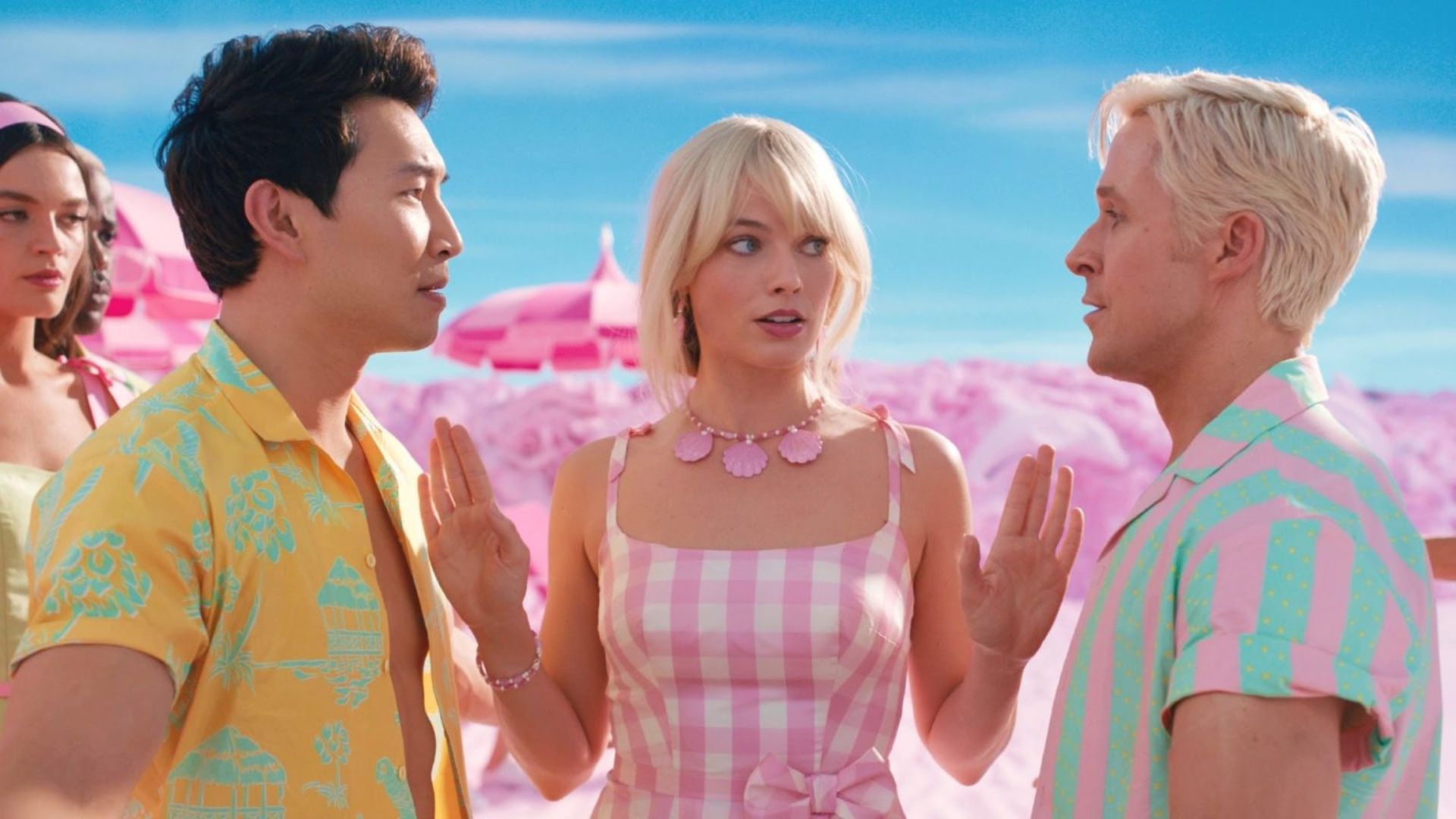In theaters since July 19, Greta Gerwig’s feature film is a nice surprise. So what should we remember at the end of Barbiethe film with Margot Robbie and Ryan Gosling? Warning, spoilers.
Greta Gerwig’s film does not disappoint: Barbie is a strongly feminist work, very inspired by Matrix in staging and storytelling. As a result, the end of the feature film is also very rich. If you leave the room, we take stock of what to remember.
Warning, since this paper discusses the end of Barbie, these are SPOILERS.
Yes, Barbie becomes human
After her exchange with Ruth Mattel, who is therefore her creator, Barbie understands that she has free will. She can decide her fate. And his decision is to become human. Which makes sense given the sequence of events in the film: Barbie literally stepped out of her box and experienced a multitude of emotions, greater complexity than ever before. We understand, throughout the film, that he likes it. She wants to experience the “real world”. It is for this reason that the very last scene shows Barbie arriving, delighted, at the gynecologist: she lives the reality of a human woman.
Ruth is however very clear with Barbie: this means that she will die. Because humans die. Barbie accepts it. Ruth makes it clear, however, that the idea of Barbie, in itself, will not die: the ending evokes the principle of “Barbie” as a kind of idea that evolves over time and never completely disappears.
What becomes of Barbieland?
The patriarchy established by Ken in Barbieland was short-circuited: the modification of the constitution could not take place, because, by diverting the attention of the Ken, the Barbies were able to vote against the establishment of “Kendom”.

There is therefore a return to normal, which is not entirely free of changes. During one of the final scenes, Barbie makes Ken realize that he can be himself, independently of Barbie, without having to surf on male domination. Ken then experiences a kind of “awakening”, just like the other Kens. This means Barbieland is likely to remain the somewhat slick, candy-pink place of yesteryear, but one can imagine less stereotypical behavior, more free will.
The Barbies have also agreed to introduce a Ken quota in the courts of Barbieland, which is a very concrete change in the fictional country. Another important symbol: Weird Barbie is now integrated into society. She is no longer on the sidelines. This denotes a real evolution in Barbieland’s state of mind.
Perhaps, finally, Barbie’s choice to become human will be emulated by other Barbies (or perhaps even by Allan – who seemed desperate to leave Barbieland).

In any case, the message of the film is the need to get out of the matrix of patriarchy, and that this exit is almost inevitable: male domination is so absurd, so heavy under its contradictory injunctions and its violence, that the more its bugs are revealed, the less it can hold. So we come out of the film having laughed at the satire, but also with hope.
The creation of an “ordinary Barbie”
Gloria launches into a speech at the end of Barbie, to promote the creation of an “ordinary Barbie” to Mattel. This, she explains, should not reflect the slightest perfection, but rather a form of realism about what a woman can be. The Mattel team, after listening to him, approves. Which means the creation of this Barbie.
However, this sequence raises a question: what is the “ordinary”? Reality is precisely defined by complexity and diversity – the film itself evokes and affirms it. Can we really represent a single form of ordinary, via a single Barbie doll, even more realistic? This is perhaps the only defect of Greta Gerwig’s film: while being a satire, it nevertheless remains a marketing valuation of Barbie dolls, which necessarily partly limits the critical spirit about them.

Subscribe for free to Artificials, our AI newsletter, designed by AIs, verified by Numerama!
